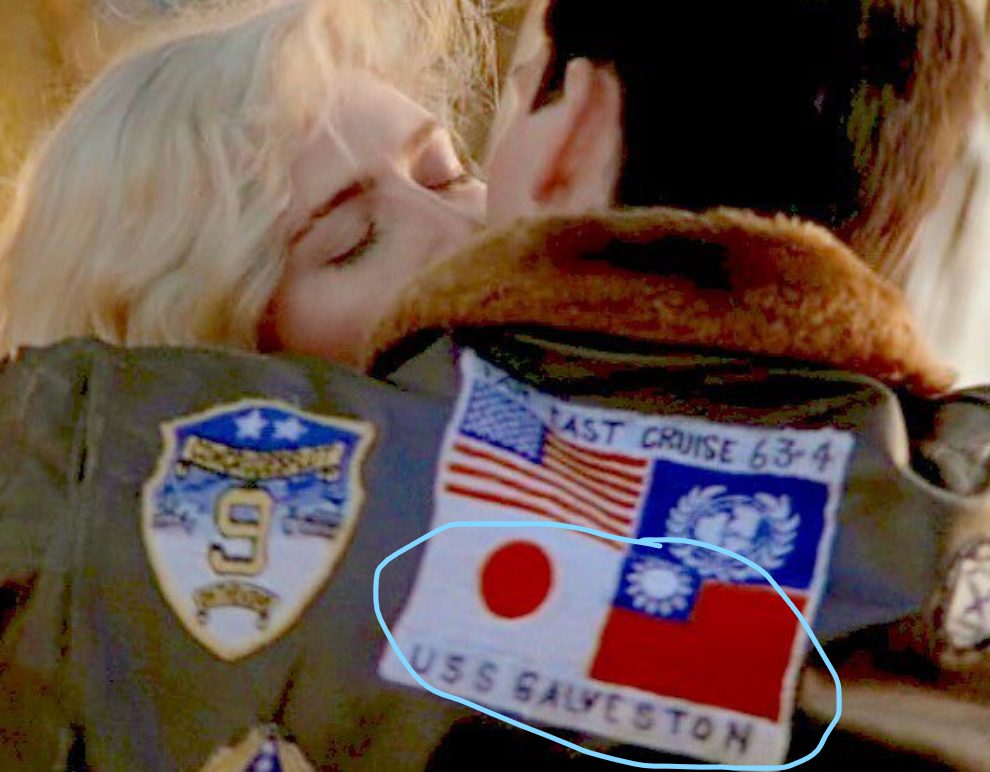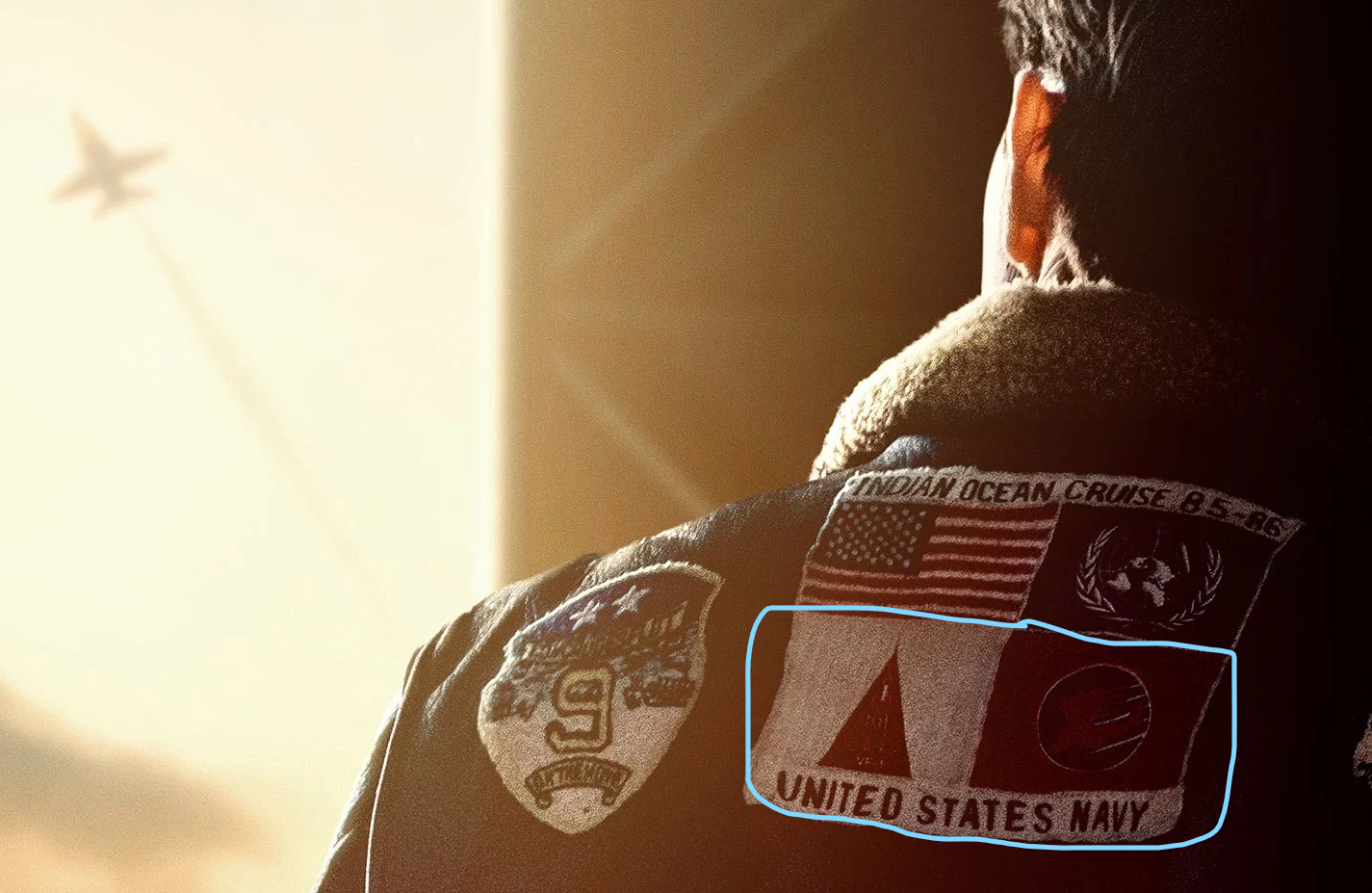We mentioned previously in this letter (“Crack Pipe”, 12/06/2019) that if the yuan cracked 7 against the dollar, that bitcoin would boom. That happened yesterday – and as expected bitcoin is taking off.
Cold War II is heating up – but the markets have a long way to go before reality is priced in…
The end of an era
“Son, your ego is writing checks your body can’t cash.”
– Top Gun, 1986
When the Soviet Union collapsed, we entered a new and historically rare era: a unipolar world order. The triumphant US, the only great power left on the planet, reigned supreme with no competition.
Investors would embrace this reality to the point of complacency. As supply chains went offshore in pursuit of higher profits, the geopolitical liabilities of globalised businesses were forgotten. Quarterly earnings calls began to matter much more, and the movements of military forces much less.
Such complacency will be punished in the months and years to come, as the world returns to an era of great power competition – a second Cold War.
The US switching from a stance of Chinese engagement to one of Chinese containment provoked little reaction from global stockmarkets. You might think this is strange, as global economic growth has been powered for the last several decades by US/China economic engagement; a fundamental disruption of this should alarm those with money invested in the structures of the old order.
However, when you consider how long we’ve grown accustomed to globalisation born of unchallenged US dominance and the successes of globalisation, it’s easier to understand why this would pass many by.
I was born in the 90s, so I’ve never known anything but globalisation backed by American dominance – but I can still see we’re in for a Cold War power competition as overt and covert as the last one. Some of the signs are contained within China. Others are coming soon to a cinema near you…
Fighting the “blind worship of foreign goods and ideas”
Back in May, I wrote in our sister publication Southbank Investment Daily how the CCTV, the Chinese state TV network, abruptly changed its primetime viewing schedule when the US/China trade tensions began to deteriorate.
Out went the contemporary content, and in went the anti-US war films, including Battle on Shangganling Mountain (1954), Surprise Attack (1960) and Heroic Sons and Daughters (1964) depicting heroic Chinese volunteers fighting the US in the Korean War. At the same time, the final episode of Game of Thrones was prevented from being aired in China.
Since then, the government censors also cancelled a new film called The Eight Hundred. The film was supposed to be the Chinese equivalent of Christopher Nolan’s Dunkirk, depicting a holdout by Chinese Nationalists against the Imperial Japanese. However, the depiction of the Chinese Nationalist flag and the plot running contrary to the CCP’s version of history in which it was the Chinese Communists who did the bulk of the fighting against the Japanese led to it being cut.
Further battening down of the hatches against foreign influence by the CCP can be seen in the curious case of the Vienna Hotel Group. From The South China Morning Post:
Over the past few decades, [Chinese property developers] have relished naming office buildings and residential properties after American places such as California, Manhattan, or Hawaii, hoping this will bestow an air of class and affluence and appeal to the middle class. It is not uncommon for a typical Chinese city to have several office buildings and residential complexes with “Manhattan” in the name.
Last year, Chinese authorities issued a document requiring cities across the country to review and rectify property names that were foreign, feudal, or strange…
This has caused widespread dismay among businesses and residents as the names of their properties are often linked with their household registration (hukou) or their property ownership and changing the names will be troublesome, to say the least.
Moreover, some businesses – including the Hainan-based Vienna Hotel Group, a hotel chain – have registered their names as trademarks. The controversy has heightened concerns that amid the trade war with the US, the Chinese government may intend to strengthen ideological controls by beating the drum against “blind worship of foreign goods and ideas”.
But interestingly, the rise of China has produced the opposite effect on movies in the US.
Red flags
Top Gun was a bit before my time, but I recently got around to watching it, partly because of an interesting story which emerged regarding its sequel. In the original, Tom Cruise’s character Maverick has a large patch in the centre-back of his jacket, with the Japanese and Taiwanese flags:
In the trailer and posters for the sequel however, the patches have been switched, likely due to the fact that the film was partially funded by Chinese company Tencent:
China is of course an adversary of Japan, and rejects the recognition of the Taiwan as a separate entity from the mainland. It’ll be interesting to see who is cast as the adversarial power in the new film, but I’m guessing it’s not going to be China.
Such influence over Hollywood was highlighted by the US vice president last year in a speech he gave top the Hudson Institute:
Chinese authorities have… threatened U.S. companies that depict Taiwan as a distinct geographic entity, or that stray from Chinese policy on Tibet. Beijing compelled Delta Airlines to publicly apologize for not calling Taiwan a “province of China” on its website. It also pressured Marriott to fire a U.S. employee who liked a tweet about Tibet.
Beijing routinely demands that Hollywood portray China in a strictly positive light, and it punishes studios and producers that don’t. Beijing’s censors are quick to edit or outlaw movies that criticize China, even in minor ways. “World War Z” had to cut the script’s mention of a virus originating in China. “Red Dawn” was digitally edited to make the villains North Korean, not Chinese.
Beyond business, the Chinese Communist Party is spending billions of dollars on propaganda outlets in the United States, as well as other countries.
Expect to see the US begin producing propaganda films targeting China. I don’t know the timeframe, as I’m not a movie producer, but when the US begins deploying missiles to Asia, that’s sure to speed up the process – more on that tomorrow.
All the best,
Boaz Shoshan,
Editor, Capital & Conflict
Category: Market updates




